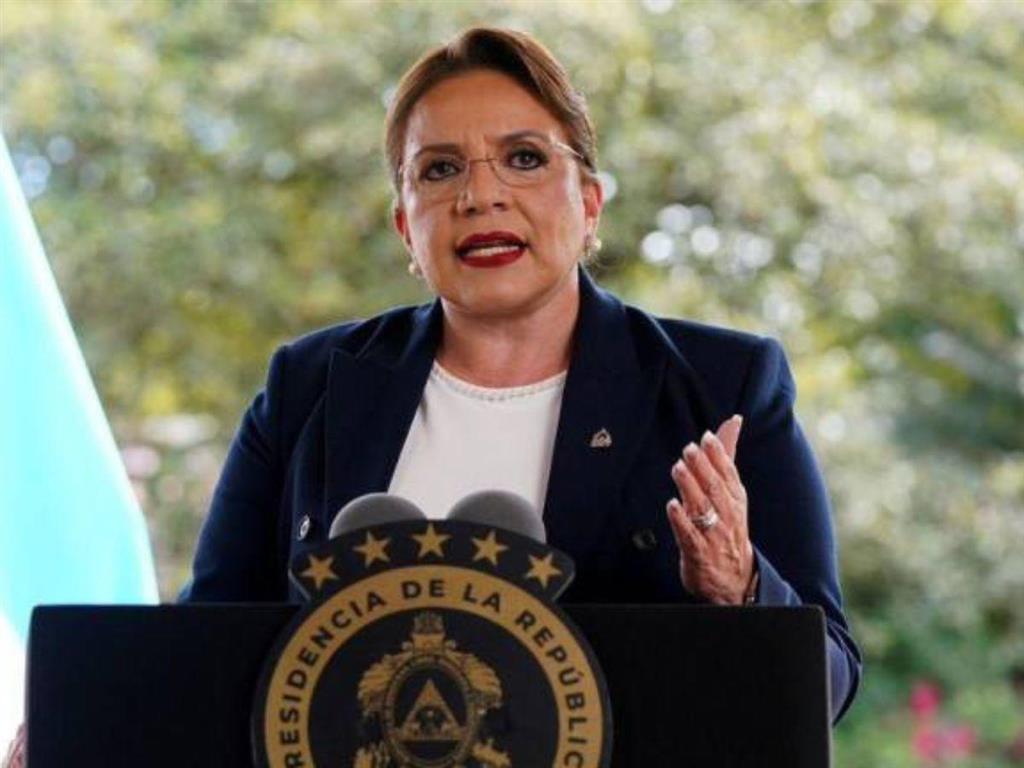Speaking at the 38th Ordinary Assembly of the Latin American and Caribbean Parliament (Parlatino) here, in her condition as pro tempore president of the Community of Latin American and Caribbean States (Celac), Castro referred to the main challenges facing the region.
She considered that CELAC must assume a continental leadership based on effective cooperation among members, since the future will depend on the capacity to adapt and anticipate global changes.
Castro also urged significant steps towards greater unity and deepening regional diplomacy, ones that would influence the reform of the global system in defense of migrants, and went on to advocate common actions against transnational money laundering and drug trafficking networks.
“We must create a green and Caribbean Latin American pact that includes environmental protection, renewable energy, biodiversity protection and climate resilience, and reach agreements to defend the principles of self-determination and independence,” she stressed.
At the forum, coinciding with the 60th anniversary of Parlatino, Castro called for an end to blockades and unilateral sanctions imposed by the United States against countries in the area such as Cuba, Nicaragua and Venezuela, and stated that such policy violates international rights.
“Any economic blockade policy and sanctions are acts of barbarism,” the first female president of Honduras told regional parliamentarians.
On the other hand, she touched on the crisis in Haiti, which – she said – is a reflection of the failure of neoliberal policies and foreign interference in our region and “demands immediate attention.”
“We have to make decisions, the tragedy that the innocent people of Haiti are experiencing must not continue, the armed gangs control a large part of Haitian territory, massive displacement and that also generate repercussions throughout the region,” she stressed.
In this regard, the head of State promoted the idea that the member countries of the bloc reach consensus for the creation of a regional emergency fund where all countries commit to contribute and address the humanitarian crisis.
“Logistical and technical support for institutional reconstruction and so that we can have a unified response that respects the self-determination of the Haitian people and their
ied/ga/ybv










